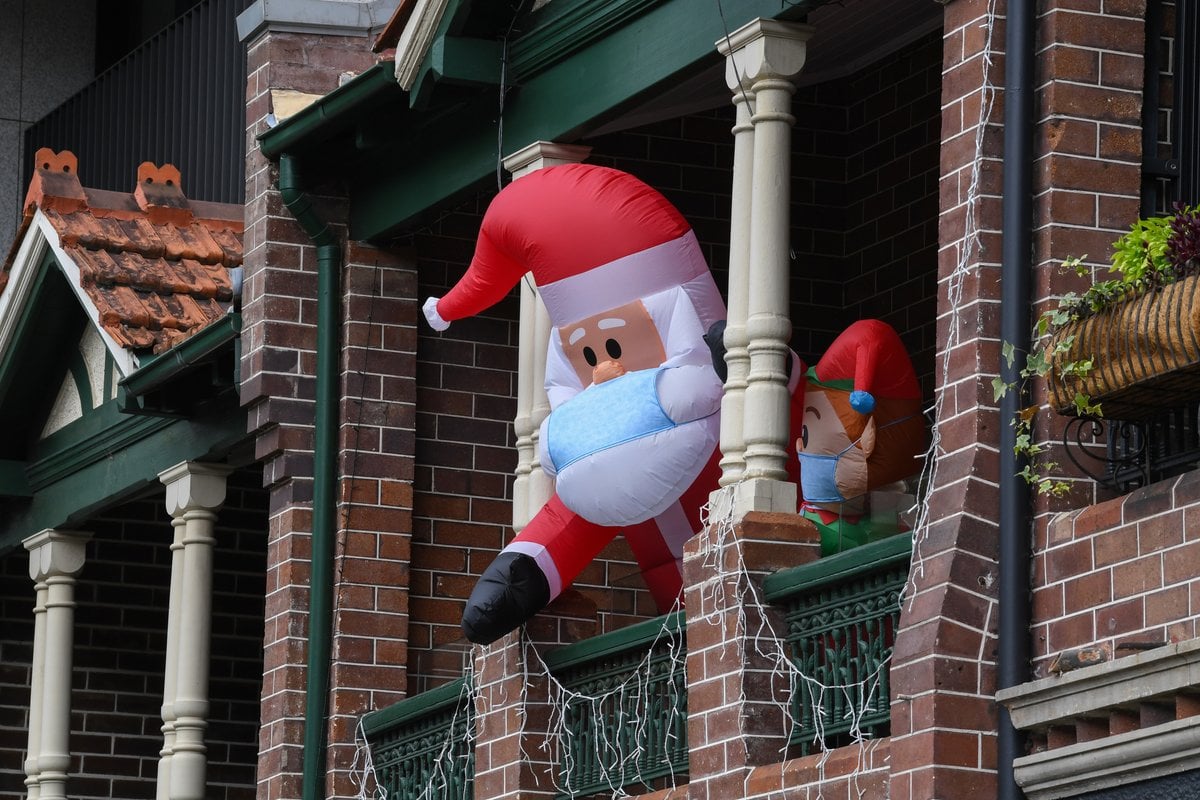
We're only a few days out from Christmas... and it feels like everyone has COVID again.
Okay that might be a bit hyperbolic. But there's a very high chance you know someone who is sick with COVID right now. The experts are seeing evidence of this new wave via wastewater surveillance for traces of SARS-CoV-2, the virus that causes COVID. There's also been an uptick in COVID-related hospital admissions and antiviral prescriptions.
Here lies the current problem though, and it appears to have two camps split down the middle - to test or not to test.
Many feel that it's crucial to test as we start to catch up with loved ones and socialise more, therefore increasing the risk of cross-infection. This is especially crucial for family and friends who are pregnant, immunocompromised, or elderly.
But for others, they're doing the classic ostrich move of 'head in the sand', hoping that if they don't test, the reality of having COVID yet again won't be true.
Fortunately, it's been estimated that this new wave shouldn't be with us for too long. But could it affect Christmas?
Watch: signs to use when talking about COVID. Post continues below.

Top Comments